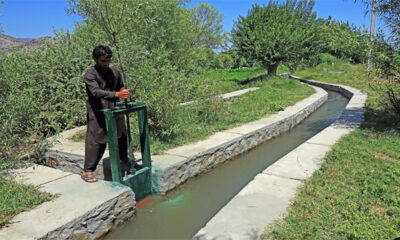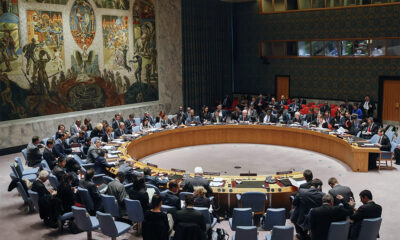Business
IEA waives tax penalties for traders and investors
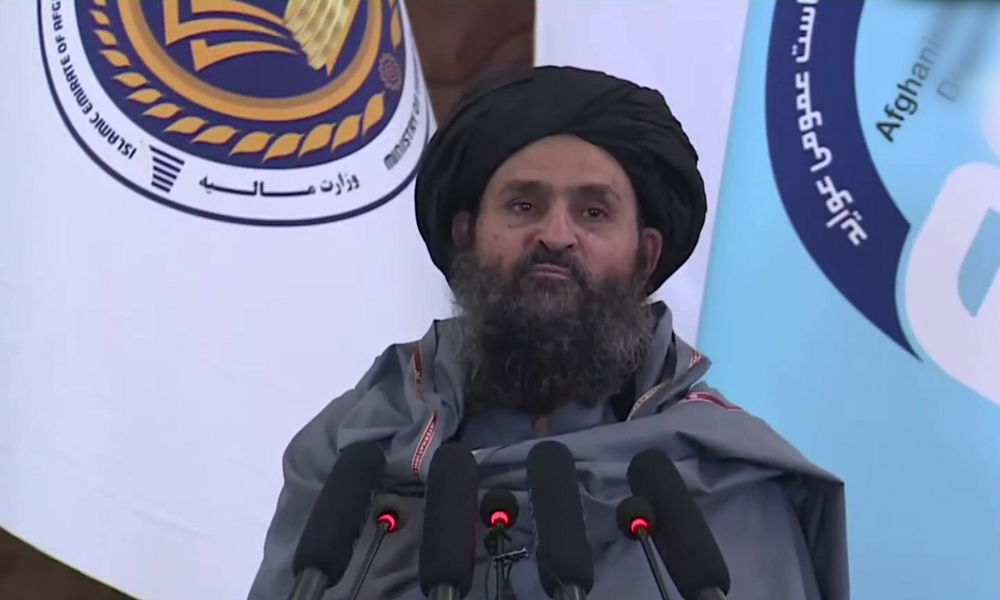
The senior officials of the Islamic Emirate of Afghanistan held a ceremony on Sunday related to the waiver of tax penalties for businessmen and investors titled “waiver of tax penalties, supporting industry and trade” at the presidential palace.
Mullah Abdul Ghani Baradar Akhund, the Deputy Prime Minister for Economic Affairs, said in this ceremony that this measure was taken to support the businessmen and investors of the country.
Baradar has emphasized that currently all government expenses and budgets are financed from domestic revenues and it is necessary for the Ministry of Finance to provide full transparency in the field of tax collection.
He has also said that this transparency should be established in such a way that neither the Islamic Emirate’s revenues are lost nor undue taxes are imposed on investors and industrialists.
“It is the responsibility of the Ministry of Finance to create transparency in tax collection; transparency in such a way that the revenues of the Islamic Emirate are not lost, nor are unnecessary taxes imposed on investors and industrialists,” said Ghani Baradar.
The Second Deputy Prime Minister Abdul Salam Hanafi, however, has called on the businessmen and investors of the country to pay their taxes on time, otherwise, they will face legal action.
“The tax that is imposed by the Ministry of Finance should be paid in a transparent manner on time,” said Hanafi.
Simultaneously, Foreign Minister Amir Khan Muttaqi has also said that they have tried to provide facilities for traders outside and at the borders and customs to the best of their ability.
In addition, the officials of the ministries of finance and trade of industries say that the waiver of tax penalties for businessmen and investors is a good measure to support the private sector of the country and that they are trying to facilitate more facilities for investors in the country.
“The officials have tried to create facilities for progress in trade and industry and strongly support the private sector,” said Hedayatullah Badri, finance minister.
The officials of the Islamic Emirate meanwhile have asked the businessmen and investors to make effective use of the facilities and expand their investments in different sectors so that the economic problems in the country will be reduced and the working environment for the people will be favorable.
Business
Export volume totals over $140 million in last month of 1402
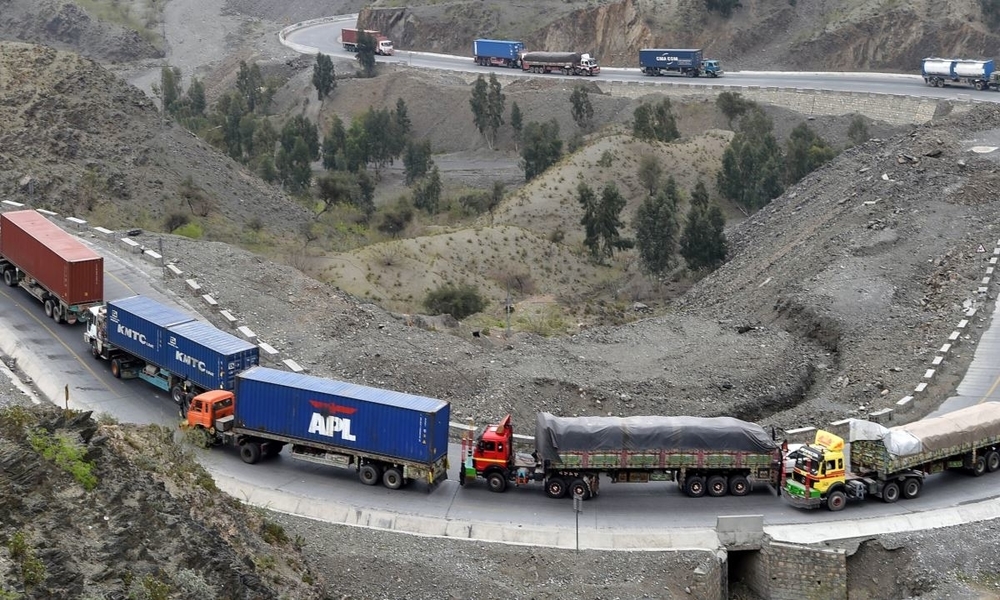
The National Statistics and Information Authority (NSIA) confirmed Tuesday that in the last month of solar year 1402, (March 2024) Afghanistan’s exports totaled $141.1 million and imports totaled $789.6 million.
This was down from $174 million for exports in the same period in 1401. However, imports increased by $99.2 million in 1402, up from $690.4 million.
Most exports in the last month of 1402 went to Pakistan, India and the United Arab Emirates, while in the last month of 1401 exports went to Pakistan, India and China.
Business
Afghanistan-Kazakhstan chamber of commerce opens in Herat
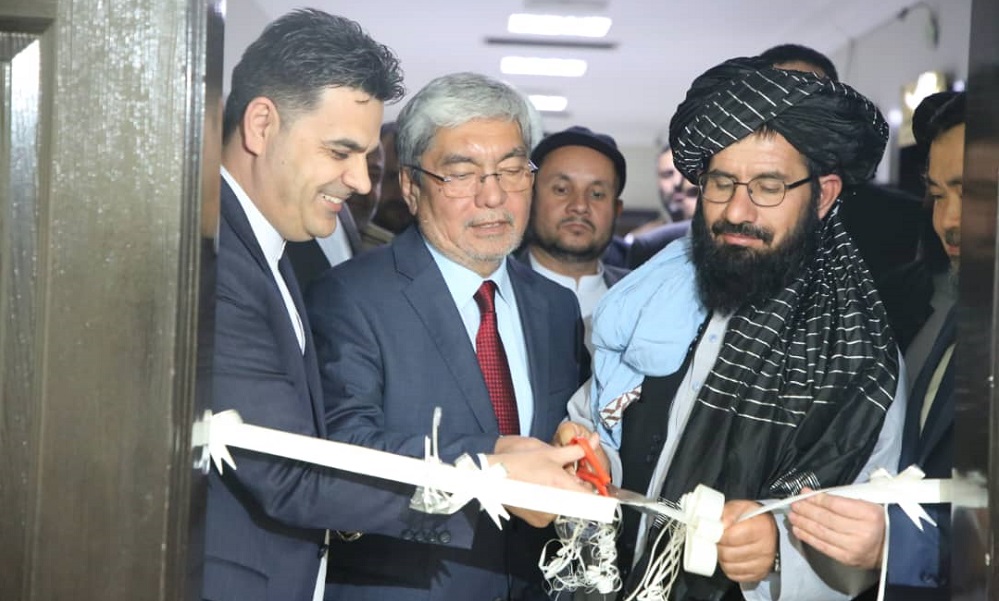
The Ministry of Interior said the governor of Herat province Islam Jar met with Alim Khan Yasin Gildaye, Ambassador of Kazakhstan to Afghanistan, to discuss various issues around trade.
According to the ministry, the two sides discussed the expansion of trade facilities, increasing the volume of trade exchanges between traders of the two countries, reducing customs tariffs, solving the challenges of traders and issuing visas to them.
The Afghanistan-Kazakhstan Chamber of Commerce has been opened in Herat in order to facilitate and increase trade between the two countries.
Business
Afghanistan reaches self-sufficiency in production of 133 items: MoIC
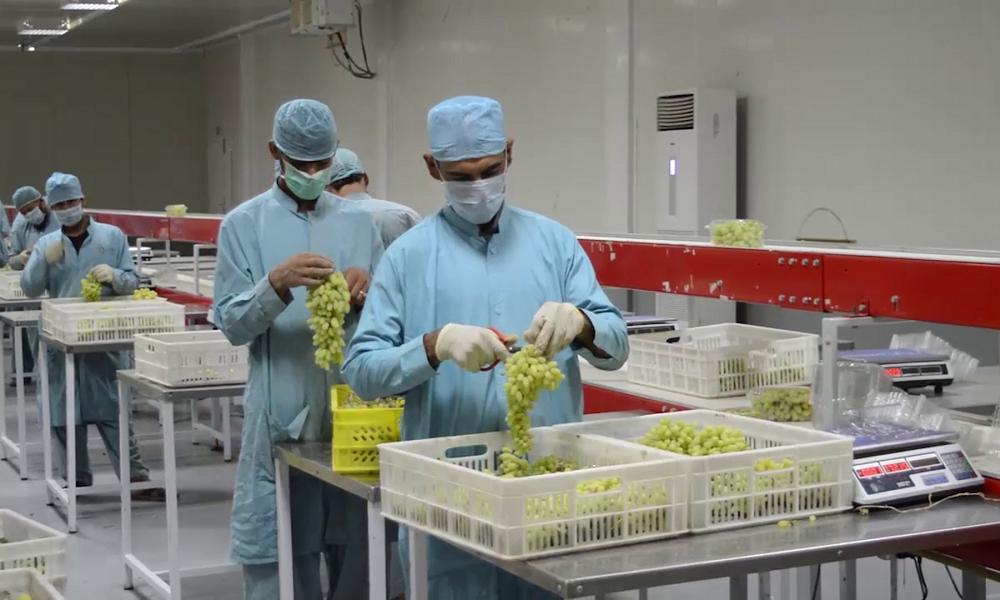
The Ministry of Industry and Commerce (MoIC) says Afghanistan has reached self-sufficiency in 45 sectors and the production of 133 items, and that the ministry is striving to change Afghanistan from an importing country to an exporting one.
The ministry officials said that for this purpose, supporting domestic products and attracting investment is essential.
The ministry’s spokesman Abdul Salam Jawad Akhundzada emphasized increasing the use of domestic goods and products in government and national projects and added that efforts have also begun to find a market for domestic products inside and outside the country.
“We have reached self-sufficiency in 133 items of production, which is 45 sectors, and also we reached the capacity of semi-self-sufficiency in 95 items of production, which is 27 sectors,” he said.
Meanwhile, the Chamber of Industries and Mines (ACIM) says over the past two and a half years, more attention has been paid to the development of domestic production and it is also expanding.
The chamber officials stressed expanding the culture of using domestic products in government projects.
“I think that the government is one of the biggest consumers in the market if it uses domestic products in all its development projects,” said Abdul Nasir Rashtia, a member of ACIM.
Economic experts also said that if the use of domestic products in government projects increases, Afghanistan will quickly move towards economic independence.
-

 Sport4 days ago
Sport4 days agoACL draw to be broadcast live on ATN channels
-

 Regional4 days ago
Regional4 days agoIRGC chief warns of harsher response if Israel attacks Iran
-

 Regional4 days ago
Regional4 days agoIran launches retaliatory attack on Israel with hundreds of drones, missiles
-

 Sport3 days ago
Sport3 days agoACL fever grows as fixtures finalized
-
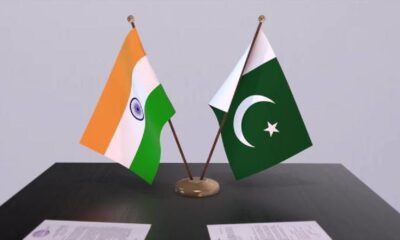
 Latest News4 days ago
Latest News4 days agoContact group on Afghanistan hits roadblock over Pakistan’s gripe with India
-

 Sport4 days ago
Sport4 days agoHetmyer powers Rajasthan win in low-scoring IPL thriller
-
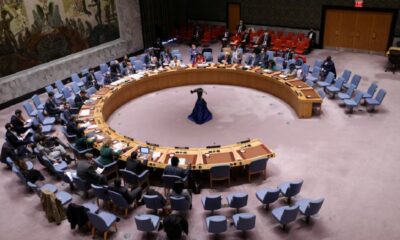
 World4 days ago
World4 days agoUN Security Council to meet Sunday on Iran attack
-

 World3 days ago
World3 days agoUS will not take part in any Israeli retaliatory action against Iran








